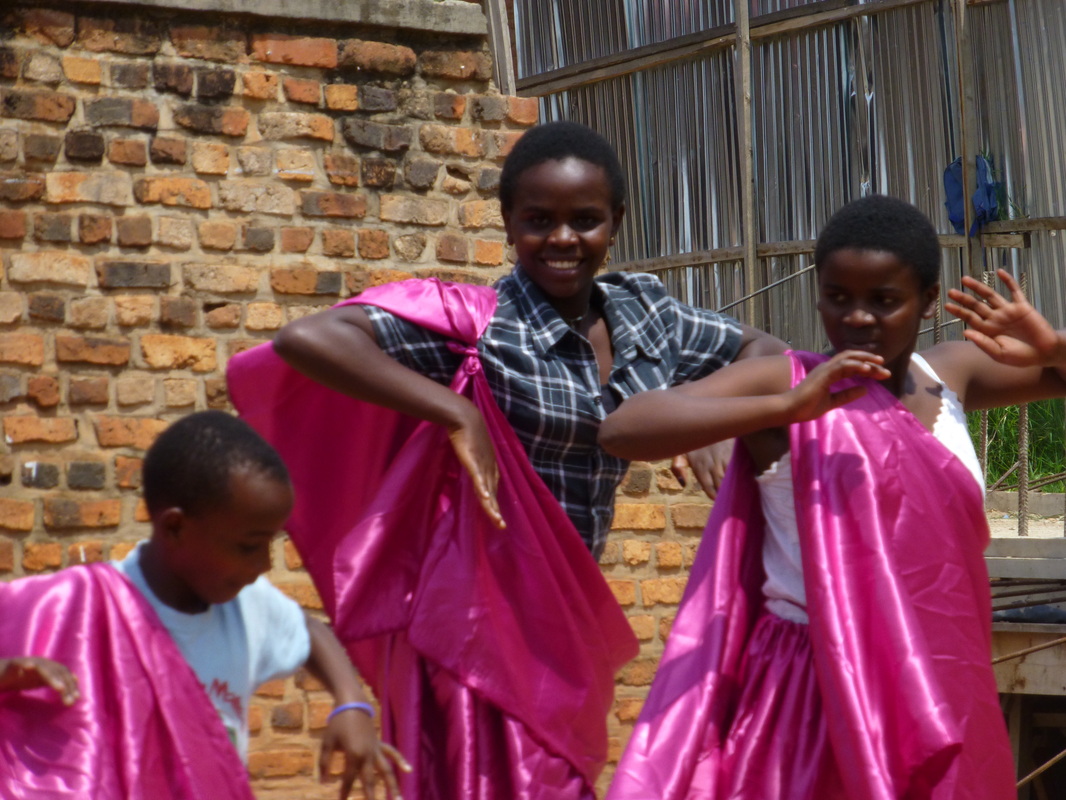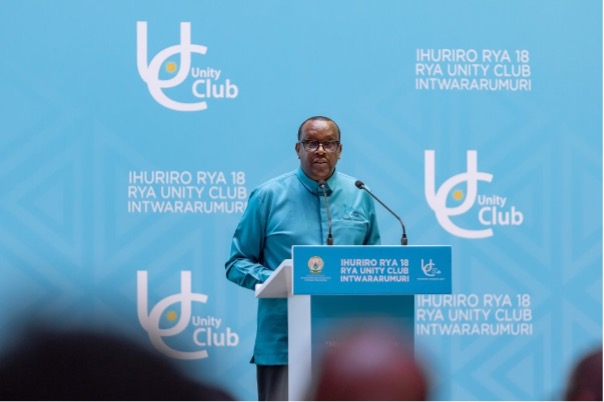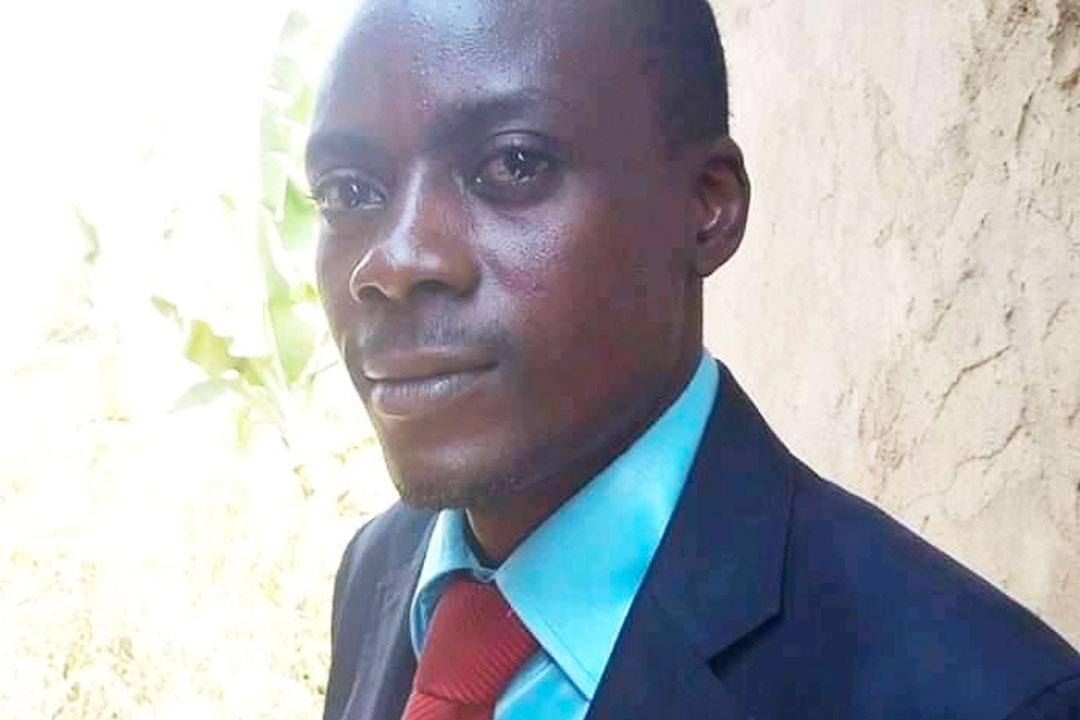In 2017, the Rwandan Ministry of Gender and Family Promotion (MIGEPROF) reported that the number of unintended pregnancies among school-going adolescents aged 17 to 19 years old was 17500 [1]. This figure is alarming because many teenage mothers find themselves in poor conditions, especially when their families do not support them. For young street girls in particular, early motherhood is a twofold concern because they livein precarious situations and welcoming a child in these conditions will increase the vulnerability of both mother and child. Jambonews underlines raising awareness to prevent early motherhood in Rwanda and in this article we introduce Marembo Centre, a jewel that helps adolescent mothers living on the streets.
Raising awareness
Esperance Nyirasafari, Minister of Gender and Family Promotion between 2016 and 2018, has, on several occasions, sensitized rwandan society on early motherhood. On November 6th, 2017 [2], the Minister called to order those who exclude pregnant teenagers from schools or other institutions solely because of their pregnancies. This was following the exclusion of 22 girls from Itorero, an institution that is supposed to teach “civic education” and ‘Rwandan culture’. The girls had been excluded by Itorero’s president, Edouard Bamporiki, claiming they could not participate because the Itorero program included sports activities. It was the second time the program excluded pregnant girls, after the first exclusion of 96 pregnant girls in 2015. The Minister continued to encourage adolescent girls who are victims of sexual violence to seek help, namely from the Idange One Stop Centre, a centre run by the National Police which provides treatment and counselling for victims of violence against women. She also encouraged authorities to prosecute people who have sex with minors. The age of sexual majority in Rwanda is 18 years.
At the end of September 2018 [3], Esperance Nyirasafi once again raised a red flag on the case of unintended teenage pregnancies in Rwanda. “Everyone out there in the community knows the people who defile our young girls. These are family members, neighbours, friends etc… but many people choose to remain silent over such a calamity. I think it is high time we change and I want to see women at the heart of the activism on the matter. It is in your capacity”.
The emergence of the jewel
In 2003, three young women were walking on the street when they saw an 11-year-old child with a baby on her back. They followed the girl and found that she was living on the street with her child and other young girls and boys. They were shocked by the precarious conditions in which these children lived and by society’s indifference over the situation. On May 23rd, 2003, they decided to use their savings to create an organization, the Marembo Center, that will help these children, protect them and reintegrate them into society. “There is no such thing as a street child, the street cannot have kids. These are children that we, the community, have abandoned. We need to take responsibility”, said Nicolete Nsabimana, director and founding member Marembo Centre.
Initially they created a home for girls and a home for boys. The home for boys was a success and the one for girls and their babies had to close four months after the opening. Young girls required special attention and their centre lacked adequate financial resources and social support. This failure did not stop the determination of the three young women. Instead, they took this opportunity to analyze the specificity of girls’ problems and to prepare a solution adapted to their particular needs.
In 2012, after learning that there are tens of other homes in Kigali that support boys , they decided to close the boys’ centre and transferred them to these other centres. In this manner, they were able to focus their energy on helping young girls and their babies. Their mission today is to “transform the lives of children and young girls who have been victims of rape and other types of violence, both in homes and on the streets”. Their programs are organized around 5 pillars, as detailed below.
1. Health and well-being
The Marembo Centre, in collaboration with local authorities, police or community members, identifies young girls living on the street and welcomes those who are ready to leave the street. Girls arrive at the centre often traumatized, having emotional problems, mental problems, lack of self-esteem and self-confidence. They may also suffer from sexually transmitted diseases. The Centre takes care of them and implements the necessary means to help these adolescent girls heal. They are provided with a DNA test to identify the identity of their children.
Upon their arrival in the centre, girls start by living in a transitional home “Harakeye House” (the house of serenity) which will allow them to regain the inner peace and stability lost in the street. In this home, they have access to:
– Counselling, medical care, basic necessities
– Assistance with local authorities, assistance before courts to obtain justice,
– Education, or training, the Marembo Centre takes care of the financial costs.
– Sexual education: family planning, sex education, STD awareness…
2. Training
In addition to educational and vocational training, the Marembo Centre organizes literacy, numeracy, cultural, musical and artistic programs. Under this pillar, each year, the Centre covers the school fees and financial expenses of 100 children in primary and secondary school and provides vocational training and sex education to hundreds of young people. This pillar aims to prepare girls to be autonomous and independent.
3. Autonomy
One of the centre’s wishes is that its girls become autonomous and confident in their relationships with others. In addition to the support and assistance already mentioned above, girls are trained in human rights and equality. They are also trained in the development of business plans and a general understanding of management so that they can generate their own income.
On this stage, they acquire gradually autonomy in the “Abatuje House” (the house of appeasement). In this home they will be able to heal, reconcile with themselves and prepare to take back their place in society.
4. Reintegration
For the long term, the Centre aims for its girls to return to their families and reintegrate in the community. After the return, the centre keeps in touch with the girls who have been reintegrated and also keeps its doors open for those who have difficulties in this stage. The Marembo Centre collaborates with social leaders and politics actors to raise awareness in the community on issues of domestic violence, child abuse and neglect.
In addition, the Centre organizes an advocacy day once a year, on the anniversary date of its creation . In addition to the topics mentioned above, this day is an opportunity to publicize the Centre and to interact with governmental and non-governmental organizations working in the field of children protection. “It is the duty of all citizens to provide love and care for all children because they are the leaders of tomorrow,” reads their website.
5. Justice
The majority of Marembo’s girls are victims of rape or other forms of violence. The Centre works with relevant public institutions to provide these girls with access to justice. It provides them with legal support from the time they make the complaint up to court. This allows victims to regain their dignity. The Centre advocates for collective awareness on and responsibility for the sexual violence experienced by young girls living on the streets. “Girls living on the street do not have sex with boys living on the street, they are not impregnated by boys living on the street, but byeducated adults. They [the girls] tell us that men come to pick them up by car and take them to sleep with them at home, in clean houses. All Rwandans should feel concerned and fight this problem and not leave this action to public authorities,” Nicolette Nsabimana told the Rwandan newspaper Igihe [4].
The Marembo Centre is building a clinic to better support its daughters. On the street, some have contracted STDs or mental problems, the future clinic is dedicated to provide trustworthy services. It will be located in the village of Karubibi, Cyaruzinge cell, Ndera sector, Gasabo district, Kigali city. Land has already been acquired to build this clinic.
To discover all the Centre’s activities, Jambonews invites you to visit their website: http://www.centremarembo.org/ . You have the possibility to support their action either by making a donation to the Centre, buying one of the products that the Centre offers or by promoting their action around you.
[1] http://fr.igihe.com/sante/17500-grossesses-non-desirees-pour-adolescentes.html
[2] http://www.ukwezi.rw/mu-rwanda/3/MIGEPROF-yikomye-abaha-akato-abana-baterwa-inda-batarageza-imyaka-y-ubukure
[3] https://www.newtimes.co.rw/news/nyirasafari-raises-red-flag-over-increasing-teenage-pregnancies
[4] http://igihe.com/amakuru/u-rwanda/article/agahinda-ubuhamya-bw-abana-basambanyijwe-bagaterwa-inda-na-virusi-itera-sida





